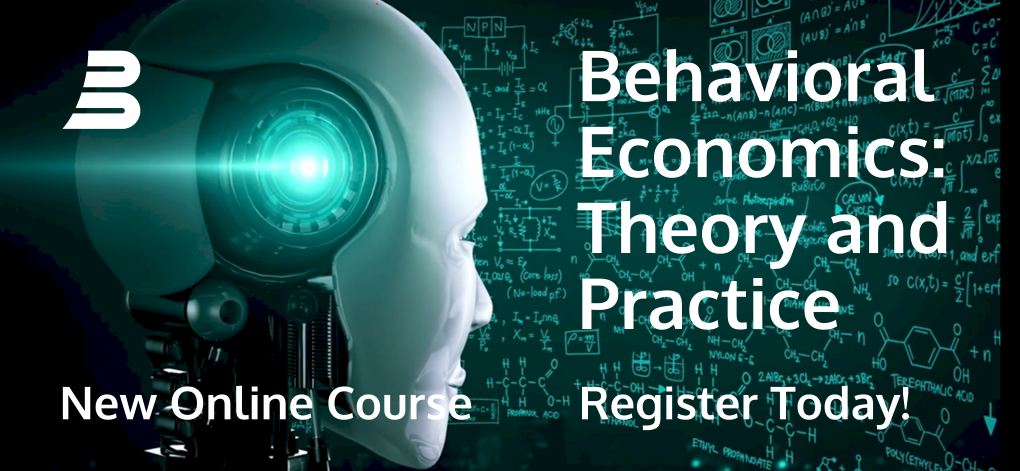The field of behavioral economics studies and describes economic decision-making. According to its theories, actual human behavior is less rational, stable, and selfish than traditional normative theory suggests (see also homo economicus), due to bounded rationality, limited self-control, and social preferences.
To find out more about behavioral economics, please download the Behavioral Economics Guide, read our Introduction to Behavioral Economics, or browse our Behavioral Science Encyclopedia.
The following popular press books provide a good introduction to behavioral economics (and related ideas):
Kahneman, Daniel (2011). Thinking, Fast and Slow.
Thaler, Richard (2015). Misbehaving: The Making of Behavioral Economics.
Ariely, Dan (2008). Predictably Irrational.
Mullainathan, Sendhil & Eldar Shafir (2013). Scarcity: Why Having too Little Means so Much.


